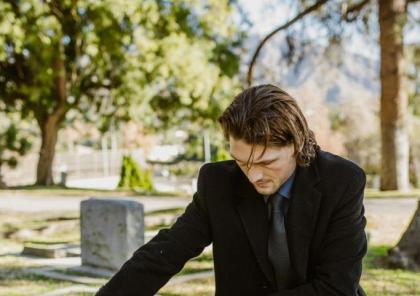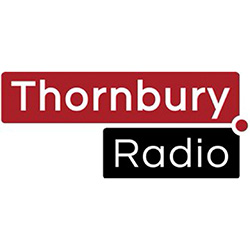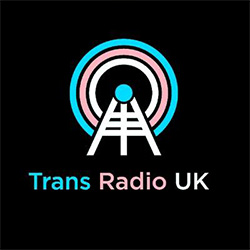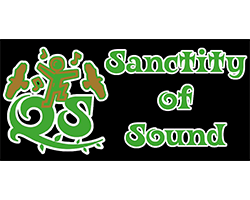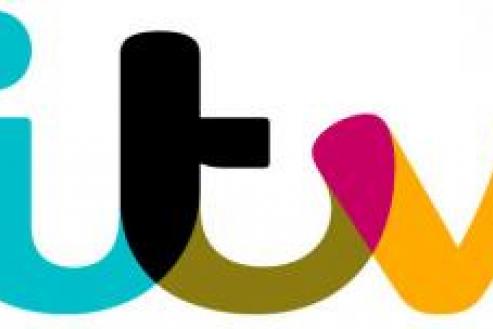
26/02/2022
Where were you when you heard that Diana, Princess of Wales, had died? In the sullen morning of a late summer’s day, the news broke on a disbelieving world and the sense of shock was palpable. Indeed, there was an outpouring of emotion that showed that Britain in 1997 had changed irrevocably from the more staid and traditionalist country that celebrated her wedding to Prince Charles in 1981. Diana was a part of that process of change, of making that informality acceptable and altering the narrative on celebrity and royalty. For LGBTQIA people, especially the gay and bi men, the African people and sex workers who were experiencing the brunt of the AIDS pandemic, Diana’s compassion and willingness to show to the nation that HIV positive people were part of the human story and not pariahs, stands out as a remarkable achievement. Indeed, right to the end of her life, Diana remained closely committed to HIV charities, even when she had stepped back from other duties. On Sunday evening last, ITV-3 looked back at the story of “Diana’s Decades”, and how those sixteen years between 81 and 97 changed the nation. Many commentators noted that Diana connected with marginalised groups in a way that other royals simply never had – working class people, the disabled, African-Caribbean people and LGBT+ folks. 2022 will mark the quarter century since her death and may people will be reflecting on the times and legacy of this remarkable woman.


